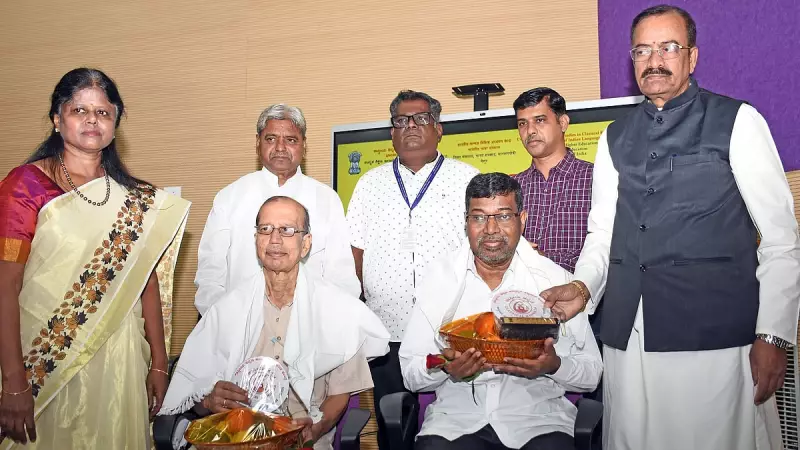
In a momentous celebration of linguistic heritage, the Central Institute of Indian Languages (CIIL) in Mysuru recently hosted a special event commemorating Kannada's recognition as a classical language. The occasion brought together language enthusiasts, scholars, and cultural preservationists to honor one of India's oldest and richest linguistic traditions.
A Landmark Achievement for Karnataka's Identity
The recognition of Kannada as a classical language represents more than just academic classification—it signifies the preservation of a cultural legacy that dates back over two millennia. With literary works spanning centuries and a unique grammatical structure, Kannada joins the elite group of Indian languages that have received this prestigious status.
Celebrating Linguistic Excellence
The event at CIIL featured several key highlights that made the celebration truly memorable:
- Academic discussions on Kannada's historical evolution and literary contributions
- Cultural performances showcasing traditional Kannada arts and music
- Exhibitions displaying ancient Kannada manuscripts and literary works
- Recognition of scholars who have contributed to preserving the language
The Significance of Classical Language Status
What does classical language status actually mean for Kannada? This recognition brings several important benefits:
- Preservation Funding: Access to government grants for research and conservation projects
- Academic Recognition: Establishment of dedicated centers of excellence for Kannada studies
- Cultural Promotion: Increased national and international visibility for Kannada literature
- Educational Development: Enhanced resources for teaching and learning the language
A Living Legacy
Unlike ancient languages that exist only in texts, Kannada continues to thrive as a vibrant, living language spoken by millions of people. This dual status—as both a classical and contemporary language—makes its preservation particularly significant. The classical designation helps ensure that future generations will continue to access and appreciate Kannada's rich literary and cultural treasures.
The celebration at CIIL serves as a powerful reminder that language is not merely a tool for communication but a living repository of cultural memory, historical wisdom, and artistic expression. As Karnataka moves forward, this recognition provides a strong foundation for celebrating and preserving its unique linguistic identity for centuries to come.





